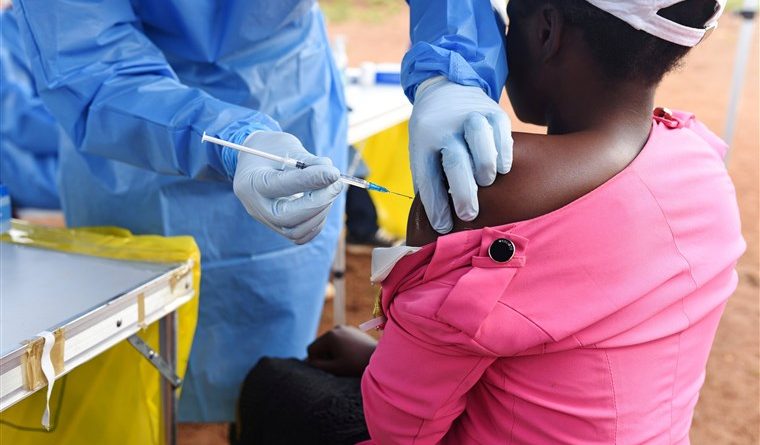Fighting Ebola requires collective efforts
OTHER VIEW POINTS
After almost two years, during which it has made intermittent headlines, the Ebola epidemic in the Democratic Republic of Congo (DRC) gained a new sense of urgency when the first cross-border cases were reported in Uganda last week.
A robust and organised response by Uganda, however, quickly saw to it that victims and their contacts were isolated and put on treatment.
Within days, the World Health Organisation had declared the situation under control and life returned to near normal.
In more than one way, the latest outbreak of an old disease that still defies a cure, demonstrated both our vulnerabilities and strengths. Conflict, poverty, ignorance and a near state-vacuum in eastern DRC have made combating Ebola an uphill task there.
The infrastructure hurdles that make movement slow have probably contributed most to keeping the outbreak relatively localised. Yet our common bonds that stretch across manmade boundaries have proved to be no match for nature.
In an increasingly integrated and fast-paced world, one cannot afford to be complacent or indifferent to what happens next door. Infectious diseases can spread quickly across porous borders as demonstrated by the Ugandan patients. The teenager and his grandmother who succumbed to the virus in western Uganda contracted it after they travelled across the border to bury a relative in northeastern DRC. Thus man’s inherent instinct for community represents the biggest vulnerability countries in the region face in dealing with the current outbreak.
On the other hand, the co-ordinated response by Uganda and international agencies demonstrates the strengths of a collective approach to a supranational threat. Over the past half a century or so, such an international response has resulted in progress against killer diseases through mass immunisation. Access to treatment through the Global Fund is what has stunted the progression of HIV/Aids.
All these examples show what can be achieved through pooled resources. Despite resource constraints, countries in East Africa would achieve more for less, if they put in place regional disease control systems to manage not just emergencies but even common diseases like malaria. Critical resources such as health workers to ensure appropriate public-health responses, information campaigns and diagnostic tools are what the region needs to face up to emerging diseases.
Left on their own, Uganda and the DRC, despite rising levels of health spending in their national budgets, would probably struggle to ward off an epidemic on the scale currently being witnessed in the Central African country. Yet by agreeing to share expertise and facilities, potentially virulent epidemic has been prevented from spreading farther.
Globally, government spending is the spine of healthcare. Yet despite recent increases, African governments account for only 30 per cent of spending on healthcare. Forty percent of health spending is borne directly out of pocket by individuals seeking health care.
This model is not sustainable.
The East African

